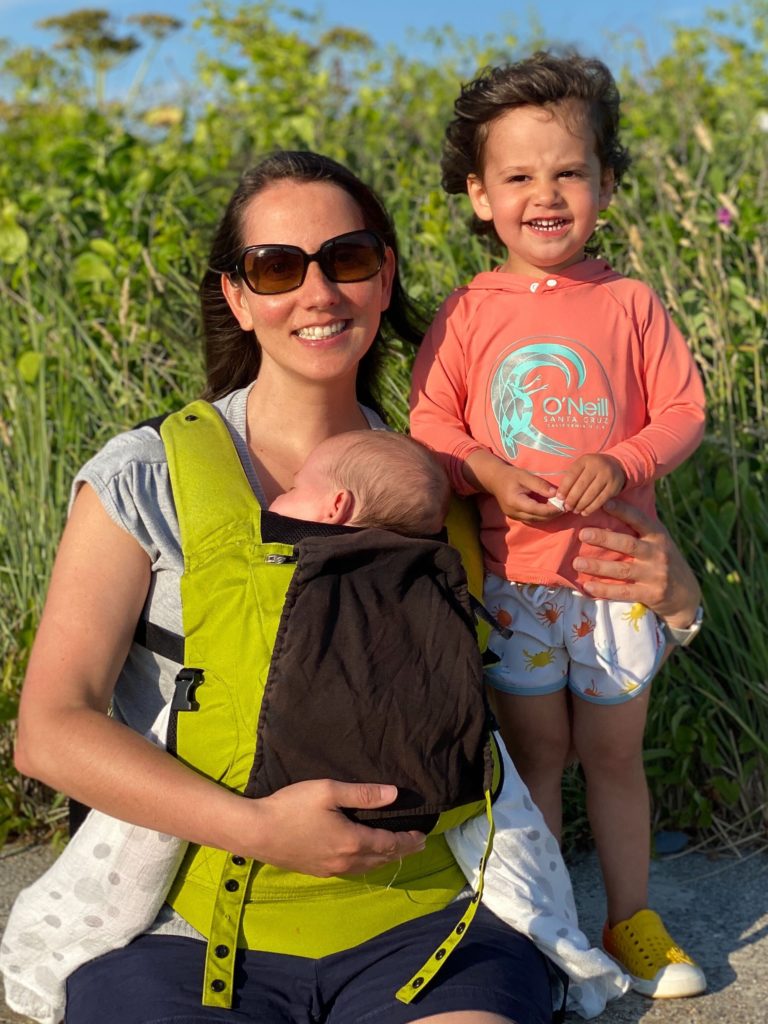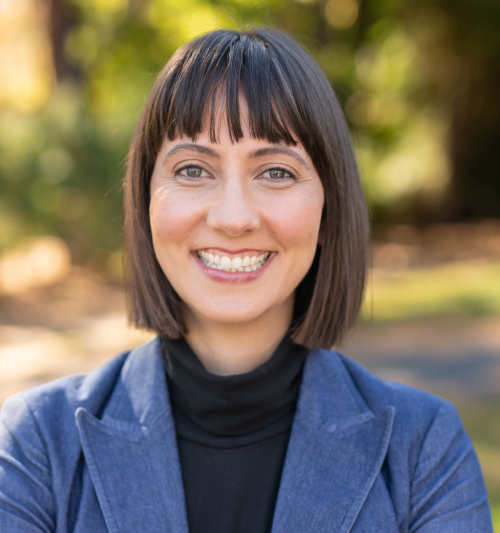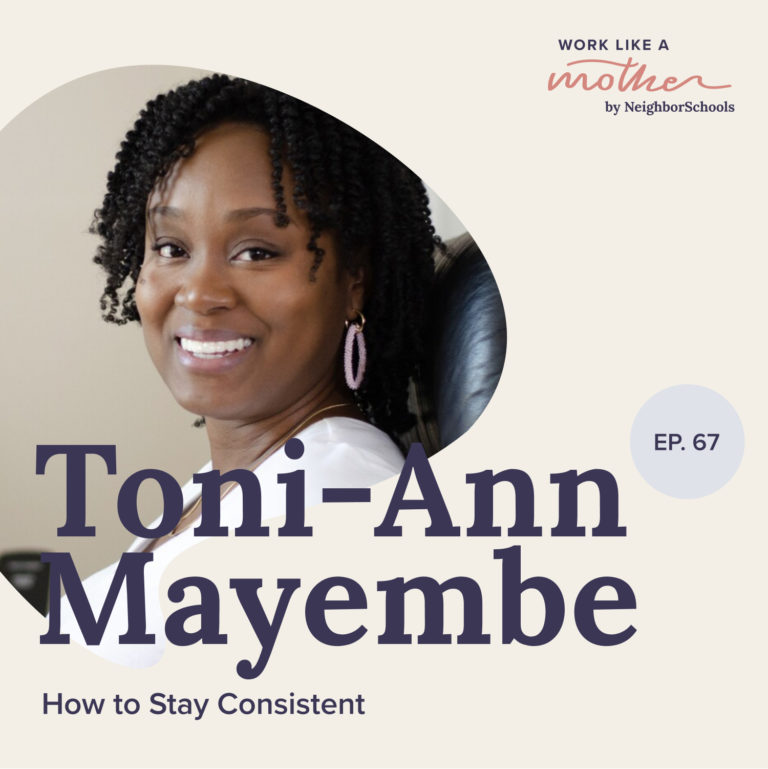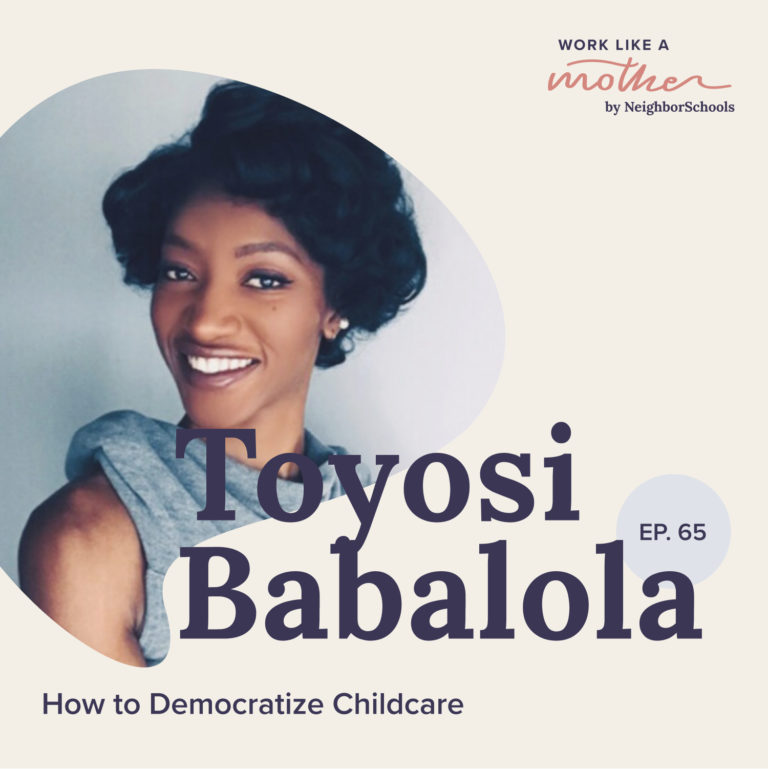As Brooks hits 4 months, the timing couldn’t have been better for this one. Lauren Smith Brody wrote The Fifth Trimester to shed light on just how hard it is for moms to return to work after 12 weeks – the norm in our country. I first read the book three years ago and could 100% relate. Our conversation last week got me pretty fired up and really validated many of my own feelings and experiences, and I think you’ll find it both informative and relatable. Enjoy.
Watch + Listen to the whole conversation:
After the birth of her first son, and following a standard 3-month maternity leave, Lauren returned to work as an editor at Glamour. It was hard, and she never felt a need to pretend it was easy. She didn’t go around broadcasting her struggles in the office, but she didn’t feel like she had anything to hide either. Soon coworkers started to acknowledge her and even thank her for being a role model and “speaking up.” Those small moments and recognitions made Lauren realize there was a much bigger story here that needed to be told. A journalist at heart, Lauren dove in and researched all aspects of working-motherhood, particularly the return to work phase that she would come to call the “fifth trimester.” Since 2017 her book and consultancy of the same name have brought these insights and conversations to offices, boardrooms, and living rooms across the country, and helped thousands of women, myself included, navigate and understand what it means to return to work.
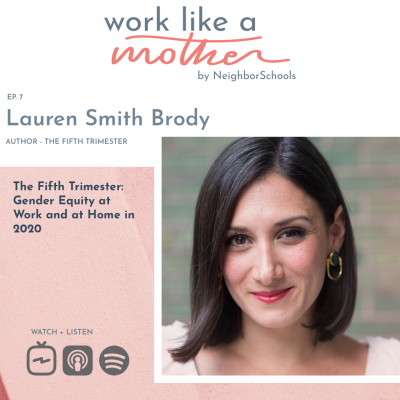
What was it like to return to work after you had your first son?
By the time I had my first son, I was an executive at that point. I had a little more leeway and privilege than some of my other colleagues when they had their kids. I had worked with dozens of women mostly, so I was really able to see a lot of different approaches to motherhood and career. I didn’t really see anybody being open about how hard it was. If I was tired I said I was tired. If I had a conflict I said I had a conflict. I still got my job done. I knew how to do it well and it was incredibly hard, but I went back to work in the most genuine and authentic way. I even wrote a story at some point about “Don’t fake it till you make it, because we can’t solve problems that we can’t see.” So in many ways, it actually ended up being an attribute that I was able to be pretty naked about what was hard about new parenthood in the workplace.
What made you realize that it was really a strength to be transparent about how hard working parenting is?
There was one really pivotal moment. A colleague came over to my desk after my first maternity leave. We were puzzling over some layout figuring out a headline and she just sort of stopped and she was like, “I’m so glad you’re back. Thanks for being so honest.” She’s like gesturing to my breast pump on my desk, “About you know, what it’s like being a working mom.” I worried that I’d done something wrong by being so open because I was still a bit young for the position I was in. But in that pause my own discomfort not knowing what to say, she continued and she said, “because you showed me I can do it one day too. It looks really hard. But now I see that it can be hard and you can still do it and that was just a life-changing moment for me.
What are norms around maternity leave in society and how did that compare to your experience?
We had everything working in our favor to make it okay, and it was still really hard. And what I came to realize as I did some research and I started talking to other new moms is that you know, this notion of 12 weeks is really normalized in our society by FMLA which was signed into law in 1993. When you look back at the history, it was actually meant to be 26 paid weeks. And that number came out of the science of what is most protective of mom’s mental health, mom’s physical health, baby’s physical health, mom’s ability to maintain her career and her income, and mom and dad being partners to care for the baby. All of that is wrapped up in six paid months of leave which we don’t have access to and so there’s a lot of mom guilt associated with going back if it doesn’t feel like it’s okay.
So how did the book The Fifth Trimester come to life?
Eventually I was able to take this notion that I had of this fifth trimester- the transition back to work after baby and dive into it. There is such a gap in our society- you’re back before you’re ready to be. 30% of women basically opt out to take a step back or to not continue in their career around the first year of having a baby. So what could I do to help these new moms? I did a lot of research. Nationally. I wanted to look at unmarried moms, single moms by choice, same-sex partner moms who carry the baby and same-sex partners who do not carry the baby, hourly wage working moms, Fortune 500 executive moms- the whole gamut to see what we had in common. I wanted to know what we had working for and against us and what lessons we could share. I decided to leave glamour. I wrapped all of that research into my book and the book is now out in the world doing its job supporting moms.
What did you learn in your research?
- 30% of women opted to basically opt out to take a step back or to not continue in their career around the first year of having a baby.
- The average FMLA taken by an American woman is 8.5 weeks. Only 56% of workers even have access to any unpaid leave.
- On average women self reported consistently getting 7 hours of sleep a little bit over seven months postpartum, while we return to work after 3 months- if not before.
- When we treat domestic work like a real job, when you’re able to receive things that you should like paid parental leave, it elevates all domestic work that is done by parents in the home.
What advice would you give to your pre mom self?
I suffer from what I call internally never enough syndrome. In my old corporate life when I was working at Conde Nast, I wanted to have a promotion every eighteen months. I had measures of success that were very number based like how many hours did I work, or how late did the office lights stay on for me? How much money was I making this year? I have really adjusted since then. What I think of as success is more what’s satisfying. Did my work get done today? Not, did I ring the bell today? I’m trying to acknowledge, this is enough and to think of things with a longer lens. I’m trying to understand that there are going to be times when I lean way into work and there’s going to be times when I lean way into family and that for me a cadence of looking back every three months or so to see if I feel balanced, but I’m not always going to feel balance that day and that’s okay. The things that I do for my children and for their future count. Lastly, the example that I set as a worker is really important for them too and that is parenting even when I’m working, I am parenting.
Bridget Garsh
Co-founder & COO
Bridget is mom to two little boys, Hudson and Brooks, and a champion of working moms everywhere. NeighborSchools itself was borne out of Bridget’s challenge to find high-quality yet affordable child care, and the realization that so many parents struggle with these same issues every day.
Read more from Bridget, follow her on IG, and check out her new series, Work Like a Mother.
